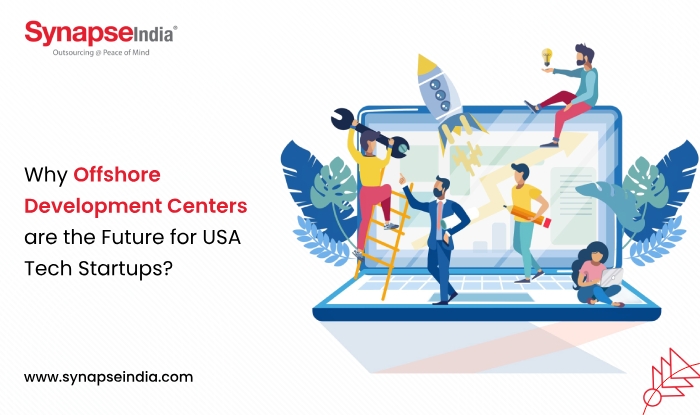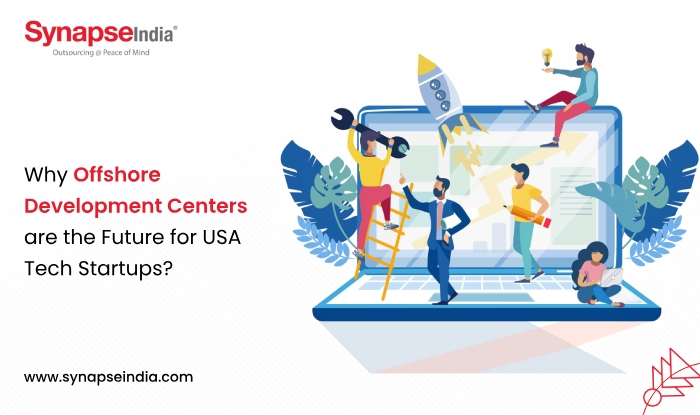AFRICA- INDUSTRIAL REVOLUTION NOW. POLITICAL REVOLUTION NOW FOR THE PEOPLE AFRICA NOW.
Practical action plan specifically tailored for African countries and communities looking to rebuild local industries, generate jobs, and reduce dependence on imported goods — especially in the face of global supply chain dominance by countries like China.
Practical Action Plan: Rebuilding Local Industries & Jobs in Africa:-
1. Identify Strategic Sectors for Growth
Focus on industries with local demand, resource advantage, or job creation potential:
Sector:- Why It Matters:-
Agro-processing- Africa has raw agricultural output — but exports raw, imports processed. Value must be added locally.
Textiles & Garments- High job creation potential, especially for youth & women.
Construction Materials- Bricks, tiles, cement, glass — reduce dependence on imports.
Green Energy (Solar, Batteries)- Huge demand + off-grid needs. Build local capacity.
Tech & Digital Services- Youth-driven innovation; outsourcing opportunities with sappertask (sappertask.com).
Pharmaceuticals & Health Supplies- COVID exposed the need for local production.
2. Support for Small & Medium Enterprises (SMEs)
What to Do:
Access to low-interest capital (grants, microloans, cooperatives)
Industrial parks with shared machinery and energy.
Raw material access hubs to cut costs for small producers.
Buy-local incentives from government and private sector.
Example:
“Made in Rwanda” initiative gives tax breaks + state contracts to local producers.
3. Skills Development & Industrial Training
Partner with TVETs (Technical and Vocational Education and Training) centers
Encourage apprenticeships and learn-as-you-earn models
Build mobile training units for rural access
Focus on practical trades: tailoring, mechanics, food processing, welding, solar installation, coding, etc.
4. Local Manufacturing Clusters
Set up Industrial Zones or "One District One Factory" programs where:
Businesses share tools, logistics, and marketing
Farmers feed processors, processors supply retailers
Youth startups and artisans co-work and co-sell
Example: Ghana's "1D1F" is empowering rural production centers for self-reliance.
5. Build Local Supply Chains (Backward + Forward Linkages)
Don't just make products — make everything around them locally too.
Backward:
Local packaging.
Local spare parts.
Local farming/raw material inputs.
Forward:
Local delivery systems.
Local retail partners.
Local branding, online selling.
6. Use Technology to Boost Local Markets
Create e-commerce platforms to sell African-made products regionally
Use mobile money for micro-payments and trade
Promote digital business skills training via apps like afriprime (afriprime.net) sappertask (sappertask.com) and corkroo (corkroo.com) similar to tweeter/X with 1000 characters bigger than tweeter/X
Success Story: Jumia, Flutterwave, and other African tech startups are enabling business and trade.
7. Government Policy Actions
Import substitution strategy with smart tariffs (not bans)
Procurement preference for local products in schools, hospitals, police, etc.
Trade agreements with neighbors (like AfCFTA) to export regionally
8. Community & Youth Mobilization
Form local cooperatives for farming, textiles, metalwork, or crafts
Encourage youth innovation hubs in schools and universities
Support women-led enterprises with grants and training
Empowering local people makes development real and lasting.
9. Track Progress & Scale What Works
Create local development scorecards.
Celebrate successful entrepreneurs and cooperatives.
Use data to tweak programs and invest in winners:-
BONUS: Public Awareness Campaign
Push national pride: “Buy African, Build Africa”
Share stories of local success on radio, TV, social media
Encourage influencers, churches, schools, and leaders to support local
Example Roadmap (6–18 Months):
Timeframe- Actions:
0–3 Months- Map local industries, train 50 youth in a skill, launch “Buy Local” campaign
3–6 Months- Set up 1–2 cooperatives, launch low-interest SME loan fund
6–12 Months- Build 1 local market hub or mini-factory with shared tools
12–18 Months- Connect to AfCFTA/regional markets, create e-commerce channels.
By Jo Ikeji-Uju.
sappertekinc@gmail.com
https://afriprime.net/Ikeji
*Share your comments positive or negative........
AFRICA- INDUSTRIAL REVOLUTION NOW. POLITICAL REVOLUTION NOW FOR THE PEOPLE AFRICA NOW.
Practical action plan specifically tailored for African countries and communities looking to rebuild local industries, generate jobs, and reduce dependence on imported goods — especially in the face of global supply chain dominance by countries like China.
Practical Action Plan: Rebuilding Local Industries & Jobs in Africa:-
1. Identify Strategic Sectors for Growth
Focus on industries with local demand, resource advantage, or job creation potential:
Sector:- Why It Matters:-
Agro-processing- Africa has raw agricultural output — but exports raw, imports processed. Value must be added locally.
Textiles & Garments- High job creation potential, especially for youth & women.
Construction Materials- Bricks, tiles, cement, glass — reduce dependence on imports.
Green Energy (Solar, Batteries)- Huge demand + off-grid needs. Build local capacity.
Tech & Digital Services- Youth-driven innovation; outsourcing opportunities with sappertask (sappertask.com).
Pharmaceuticals & Health Supplies- COVID exposed the need for local production.
2. Support for Small & Medium Enterprises (SMEs)
What to Do:
Access to low-interest capital (grants, microloans, cooperatives)
Industrial parks with shared machinery and energy.
Raw material access hubs to cut costs for small producers.
Buy-local incentives from government and private sector.
Example:
“Made in Rwanda” initiative gives tax breaks + state contracts to local producers.
3. Skills Development & Industrial Training
Partner with TVETs (Technical and Vocational Education and Training) centers
Encourage apprenticeships and learn-as-you-earn models
Build mobile training units for rural access
Focus on practical trades: tailoring, mechanics, food processing, welding, solar installation, coding, etc.
4. Local Manufacturing Clusters
Set up Industrial Zones or "One District One Factory" programs where:
Businesses share tools, logistics, and marketing
Farmers feed processors, processors supply retailers
Youth startups and artisans co-work and co-sell
Example: Ghana's "1D1F" is empowering rural production centers for self-reliance.
5. Build Local Supply Chains (Backward + Forward Linkages)
Don't just make products — make everything around them locally too.
Backward:
Local packaging.
Local spare parts.
Local farming/raw material inputs.
Forward:
Local delivery systems.
Local retail partners.
Local branding, online selling.
6. Use Technology to Boost Local Markets
Create e-commerce platforms to sell African-made products regionally
Use mobile money for micro-payments and trade
Promote digital business skills training via apps like afriprime (afriprime.net) sappertask (sappertask.com) and corkroo (corkroo.com) similar to tweeter/X with 1000 characters bigger than tweeter/X
Success Story: Jumia, Flutterwave, and other African tech startups are enabling business and trade.
7. Government Policy Actions
Import substitution strategy with smart tariffs (not bans)
Procurement preference for local products in schools, hospitals, police, etc.
Trade agreements with neighbors (like AfCFTA) to export regionally
8. Community & Youth Mobilization
Form local cooperatives for farming, textiles, metalwork, or crafts
Encourage youth innovation hubs in schools and universities
Support women-led enterprises with grants and training
Empowering local people makes development real and lasting.
9. Track Progress & Scale What Works
Create local development scorecards.
Celebrate successful entrepreneurs and cooperatives.
Use data to tweak programs and invest in winners:-
BONUS: Public Awareness Campaign
Push national pride: “Buy African, Build Africa”
Share stories of local success on radio, TV, social media
Encourage influencers, churches, schools, and leaders to support local
Example Roadmap (6–18 Months):
Timeframe- Actions:
0–3 Months- Map local industries, train 50 youth in a skill, launch “Buy Local” campaign
3–6 Months- Set up 1–2 cooperatives, launch low-interest SME loan fund
6–12 Months- Build 1 local market hub or mini-factory with shared tools
12–18 Months- Connect to AfCFTA/regional markets, create e-commerce channels.
By Jo Ikeji-Uju.
sappertekinc@gmail.com
https://afriprime.net/Ikeji
*Share your comments positive or negative........












